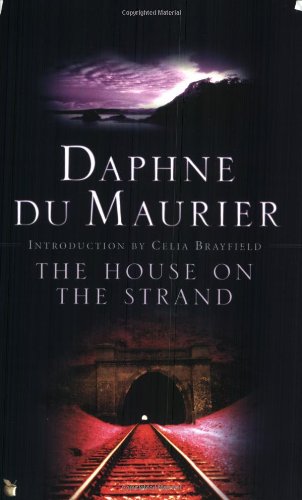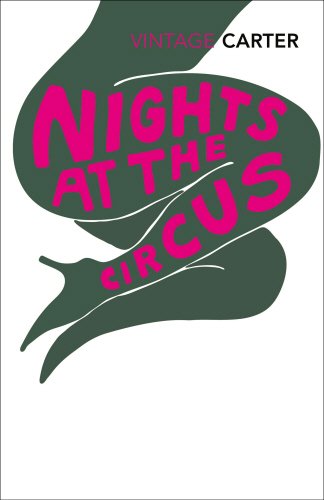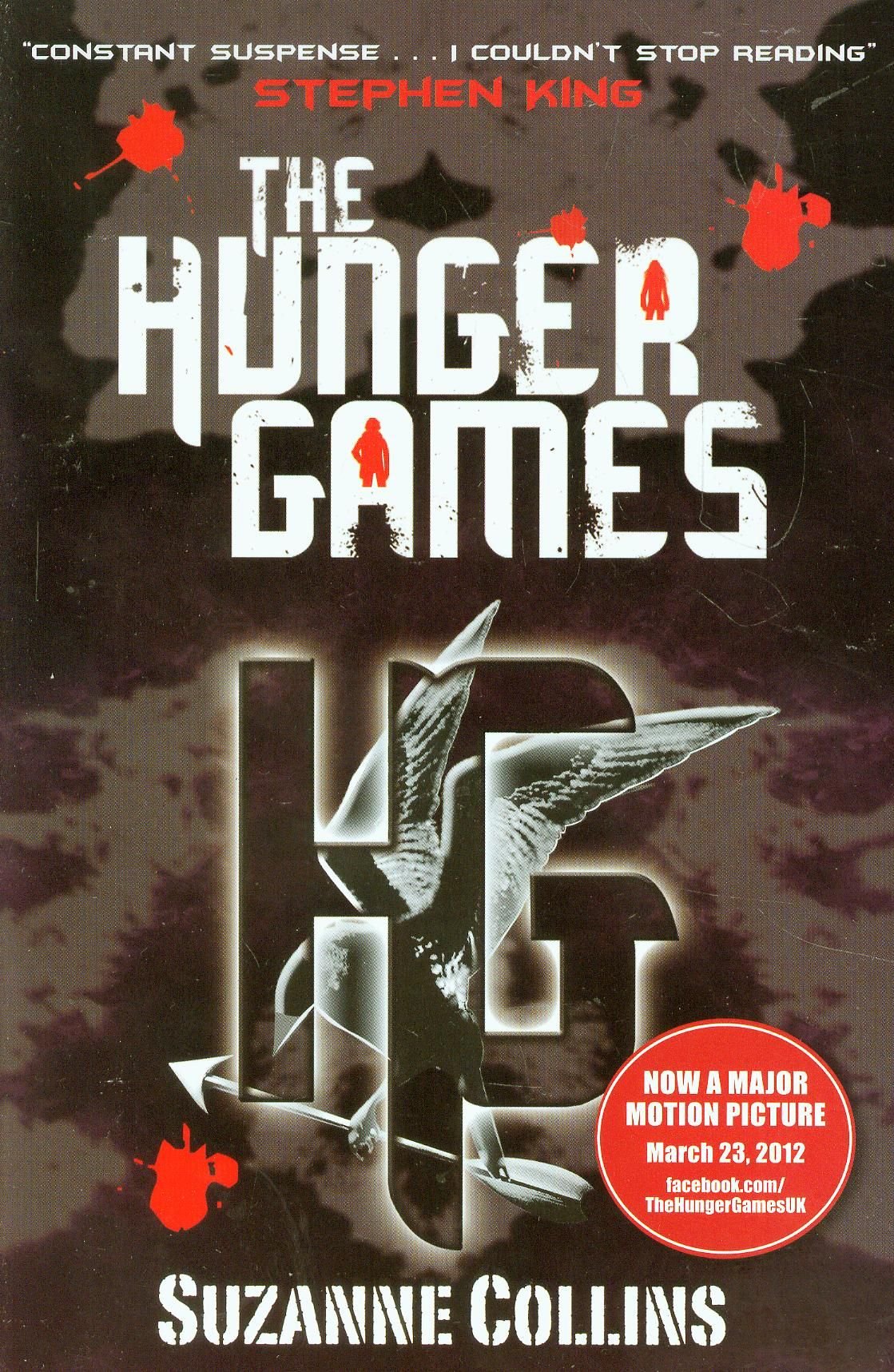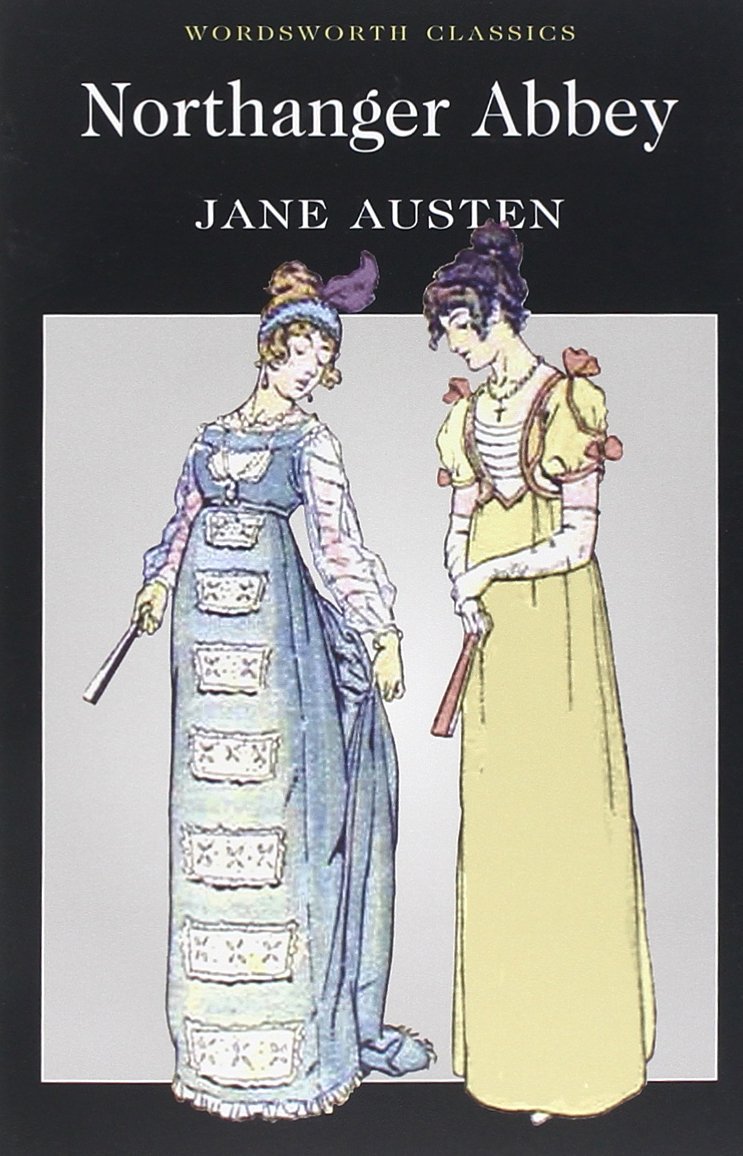 As some of you might already know, The Catcher In The Rye is one of my favourite books of all times. I've read it, and re-read it, and then read it again. At the age of fourteen, the first time I read it, I fell in love with Holden Caulfield. A decade later, I still love Holden Caulfield, and all his quirks, but I sympathise with him, and my heart goes out to him.
At one point, I was reading this book every year - sometimes, even more often. When I started working, my ancient edition found a permanent spot on my desk, and it was just there for me to flip through, on days when things didn't make sense. Eventually, the book found its way back to my bookshelf, and I picked it out the other day, to find some solidarity, and to fall in love with the book and the author all over again.
As some of you might already know, The Catcher In The Rye is one of my favourite books of all times. I've read it, and re-read it, and then read it again. At the age of fourteen, the first time I read it, I fell in love with Holden Caulfield. A decade later, I still love Holden Caulfield, and all his quirks, but I sympathise with him, and my heart goes out to him.
At one point, I was reading this book every year - sometimes, even more often. When I started working, my ancient edition found a permanent spot on my desk, and it was just there for me to flip through, on days when things didn't make sense. Eventually, the book found its way back to my bookshelf, and I picked it out the other day, to find some solidarity, and to fall in love with the book and the author all over again.
What really knocks me out is a book that, when you're all done reading it, you wish the author that wrote it was a terrific friend of yours and you could call him up on the phone whenever you felt like it. That doesn't happen much, though.
That's the kind of author Mr. Salinger is to me - I wish he was a terrific friend of mine, for, despite the hypocrisy and despite the narcissism, I can just relate to his protagonist... and, despite popular opinion, that fans of the book are likely to be homicidal maniacs (John Lennon's assassin and Reagan's sniper were both obsessed with the book), well... I've never really felt the need to load up a shot gun, and go around shooting people who annoy me.
The thing about Holden Caulfield is, he's just trying to find his place in the world, where he's surrounded by phonies and pretentious folks. He's been expelled from school, for failing everything but English, and he doesn't really regret his expulsion. Instead, he leaves his school before his last date, and heads to New York, to spend a couple of days on his own, before he goes home to face the music, i.e. his parents. He rambles about life at the school, and then, the book continues with his adventures in New York, as he meets old friends and girlfriends, and reflects and introspects on his life.
He's surrounded by people who talk for the sake of talking, and who have the whole holier-than-thou attitude, which infuriates the living daylights out of him. God knows, I can relate.
He started telling us how he was never ashamed, when he was in some kind of trouble or something, to get right down on his knees and pray to God. He told us we should always pray to God - talk to Him and all - whenever we were. He told us we ought to think of Jesus as our buddy and all. He said he talked to Jesus all the time. Even when he was driving in his car. That killed me. I can just see the big phony bastard shifting into first gear and asking Jesus to send him a few more stiffs.
While reading the book this time 'round, Caulfield came across as someone struggling to deal with the real world, and he seemed to be quite bipolar - with his emotions wildly swinging from ecstasy to despondence in seconds.
Almost every time somebody gives me a present, it ends up making me sad.
I felt like jumping out the window. I probably would've, too, if I'd been sure somebody'd cover me up as soon as I landed. I didn't want a bunch of stupid rubbernecks looking at me when I was all gory.
There's an element of hypocrisy, as he rambles on and digresses excessively, but there's so much innocence and idealism and impulsiveness, that he still comes across as someone you'd want to know in real life. He seems to have no regard social protocol, and finds it tiresome, to the extent that he's compelled to make things up, as and when he feels like... some of which is quite politically incorrect.
Anyway, I'm sort of glad they've got the atomic bomb invented. If there's ever another war, I'm going to sit right the hell on top of it. I'll volunteer for it, I swear to God I will.
I'm always saying "Glad to've met you" to somebody I'm not at all glad I met. If you want to stay alive, you have to say that stuff, though.
I'm the most terrific liar you ever saw in your life. It's awful. If I'm on my way to the store to buy a magazine, even, and somebody asks me where I'm going, I'm liable to say I'm going to the opera. It's terrible.
But what really gets me - like, really gets me - about this book is his relationship with his sister, Phoebe; and of course, his sentiments about Allie, his dead brother. When he's asked by his roommate to write a descriptive essay for him on any subject, he chooses to write about Allie's baseball mitt, which has poems scribbled all over.
So what I did, I wrote about my brother Allie's baseball mitt. It was a very descriptive subject. It really was. My brother Allie had this left-handed fielder's mitt. He was left-handed. The thing that was descriptive about it, though, was that he had poems written all over the fingers and the pocket and everywhere. In green ink. He wrote them on it so that he'd have something to read when he was in the field and nobody was up at bat. He's dead now. He got leukemia and died when we were up in Maine, on July 18, 1946. You'd have liked him. He was two years younger than I was, but he was about fifty times as intelligent. He was terrifically intelligent. His teachers were always writing letters to my mother, telling her what a pleasure it was having a boy like Allie in their class. And they weren't just shooting the crap. They really meant it. But it wasn't just that he was the most intelligent member in the family. He was also the nicest, in lots of ways. He never got mad at anybody. […] God, he was a nice kid, though. He used to laugh so hard at something he thought of at the dinner table that he just about fell off his chair.
How can something like that not choke you up? Or make you melt? Or not make you love the protagonist unconditionally? It's so simple, yet so profound. So plain, yet so beautiful. And then - how can you blame Caulfield for treating the world with such utter disdain, when the world has really not been good to him, and taken his younger brother away from him? I think it's easy to say, "get over it" or feel like slapping him to knock him into his senses, but when one feels like the world is unjust, they need time to grieve and come to terms with things at their own pace. Everyone handles things differently. Everyone's way of rationalising things vary.
And when eventually, the title of the book is explained, it's just... perfect.
"You know that song 'If a body catch a body comin' through the rye'? I'd like — "
"It's 'If a body meet a body coming through the rye'!" old Phoebe said. "It's a poem. By Robert Burns."
"I know it's a poem by Robert Burns."
She was right, though. It is "If a body meet a body coming through the rye." I didn't know it then, though.
"I thought it was 'If a body catch a body,'" I said. "Anyway, I keep picturing all these little kids playing some game in this big field of rye and all. Thousands of little kids, and nobody's around — nobody big, I mean — except me. And I'm standing on the edge of some crazy cliff. What I have to do, I have to catch everybody if they start to go over the cliff — I mean if they're running and they don't look where they're going I have to come out from somewhere and catch them. That's all I'd do all day. I'd just be the catcher in the rye and all. I know it's crazy, but that's the only thing I'd really like to be. I know it's crazy.
There's something metaphoric about the above quote; it's not literal. It's an element of having the urge to save people before they go down the slippery slope - much like Holden's done, but there's been no one to catch him, or save him. And the vulnerability and utopian fantasy that comes to light here is just gut-wrenching really.
I can read this book over and over again, and it's one of those books I always turn to when things aren't looking up, or I'm ruing the state of affairs around me. And it always makes me feel better. And it always restores my faith in people, ironically enough. I don't think I can read this book too many times, for with each read, it just gets better and better.

 When you start a book by Angela Carter, there's only one thing that's certain: you have no idea what you're in for; nothing's too crazy, nothing's too bizarre. And of course, that's why you love Angela Carter. Okay, scratch that. That's why I love Angela Carter.
A story partly inspired by the myth of
When you start a book by Angela Carter, there's only one thing that's certain: you have no idea what you're in for; nothing's too crazy, nothing's too bizarre. And of course, that's why you love Angela Carter. Okay, scratch that. That's why I love Angela Carter.
A story partly inspired by the myth of  Oh sweet temptation, I cave to thee ever so oft', and yet, how scarcely do I regret it. A tinge of embarrassment, possibly, and an element of judging the fool that wears my shoes does creep in, but that's alright. That's alright.
This book has caught my attention numerous times since it hit the stands a couple of years ago, and each time, I picked it up, put it back on the shelf and moved on. About three weeks back though, desperate to try and find something that would complete my three-for-two purchase at Waterstones, this was picked up. Allow me a moment of sentimentality, for it's a dilemma I might never face again, with the three-for-two scheme coming to a close.
Oh sweet temptation, I cave to thee ever so oft', and yet, how scarcely do I regret it. A tinge of embarrassment, possibly, and an element of judging the fool that wears my shoes does creep in, but that's alright. That's alright.
This book has caught my attention numerous times since it hit the stands a couple of years ago, and each time, I picked it up, put it back on the shelf and moved on. About three weeks back though, desperate to try and find something that would complete my three-for-two purchase at Waterstones, this was picked up. Allow me a moment of sentimentality, for it's a dilemma I might never face again, with the three-for-two scheme coming to a close.
 Despite being the first novel that Austen started writing, Northanger Abbey was only published posthumously. It's the second book by the much-acclaimed author that I have finished, and while I thought
Despite being the first novel that Austen started writing, Northanger Abbey was only published posthumously. It's the second book by the much-acclaimed author that I have finished, and while I thought  As some of you might already know, The Catcher In The Rye is one of my favourite books of all times. I've read it, and re-read it, and then read it again. At the age of fourteen, the first time I read it, I fell in love with Holden Caulfield. A decade later, I still love Holden Caulfield, and all his quirks, but I sympathise with him, and my heart goes out to him.
At one point, I was reading this book every year - sometimes, even more often. When I started working, my ancient edition found a permanent spot on my desk, and it was just there for me to flip through, on days when things didn't make sense. Eventually, the book found its way back to my bookshelf, and I picked it out the other day, to find some solidarity, and to fall in love with the book and the author all over again.
As some of you might already know, The Catcher In The Rye is one of my favourite books of all times. I've read it, and re-read it, and then read it again. At the age of fourteen, the first time I read it, I fell in love with Holden Caulfield. A decade later, I still love Holden Caulfield, and all his quirks, but I sympathise with him, and my heart goes out to him.
At one point, I was reading this book every year - sometimes, even more often. When I started working, my ancient edition found a permanent spot on my desk, and it was just there for me to flip through, on days when things didn't make sense. Eventually, the book found its way back to my bookshelf, and I picked it out the other day, to find some solidarity, and to fall in love with the book and the author all over again.